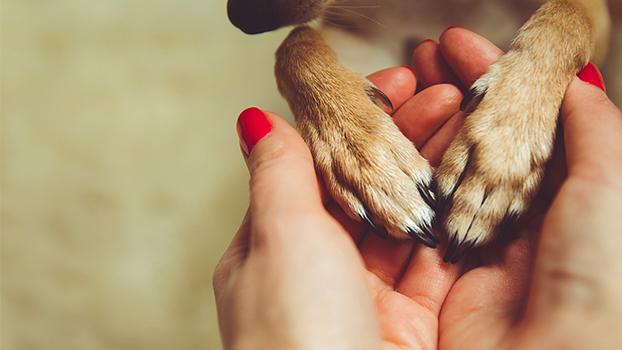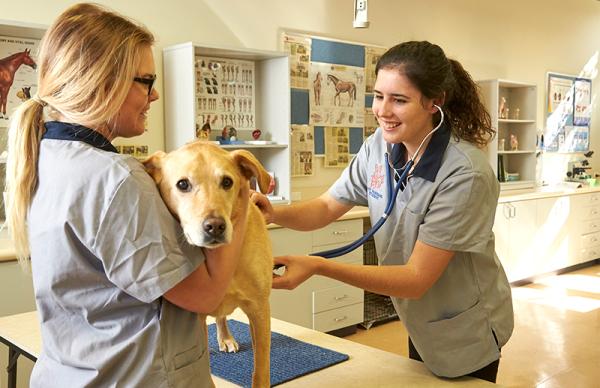
Animal attendants and trainers
Animal attendants ensure that animals in their care are well looked after. This can include grooming, exercising, treating minor injuries, watching for any negative changes in animal behaviour, cleaning waste and providing food and water. They care for all kinds of animals - injured native animals in nature reserves, abandoned pets in shelters, fish at aquariums, even exotic animals at the State's many wildlife parks and main zoo. They may also undertake administrative tasks, such as maintaining animal records or working at the reception area of a pet shelter.
Working conditions
Animal attendants work in a variety of different workplaces such as veterinary clinics, pet shops, zoos, stables, animal shelters, wildlife parks and reserves, and research facilities. They may work indoors or outdoors, in all weather conditions. Most animal attendants work in environments that can be dirty and smelly, and must be prepared to spend a great deal of time cleaning and disinfecting animal enclosures and pens. They may be required to work on weekends, public holidays and in the evening. In most workplaces, there is a great deal of contact with the public.
Tools and technologies
Animal attendants often have to use sprays, disinfectants, brooms, mops and shovels for cleaning indoor and outdoor animal enclosures. They may also use animal leads, harnesses and toys, as well as containers, bowls, bottles and cups for serving food and water. If dealing with harsh disinfectants or potentially dangerous animals, they need to wear safety clothing, closed-in shoes and gloves. Most animal attendants are also required to wear a uniform.
Education and training
It is possible to work as an animal attendant or trainer without any formal qualifications and get training on the job. However, entry into this occupation may be improved by obtaining a qualification in animal studies, companion animal services, equine studies or a related area.
The Certificate II in Animal Studies, Certificate II in Equine Studies and the Certificate III and IV in Companion Animal Services are offered at TAFE colleges and other registered training organisations throughout Western Australia. Browse courses through Jobs and Skills WA and search on the My Skills website to find a registered provider near you.
You can also undertake a traineeship in animal studies (level 2), captive animals (level 3) or companion animal services (level 3 or level 4). The traineeships usually take 12 to 24 months to complete and the animal studies traineeship is available as a school-based traineeship

Free support and assistance
Your local jobs and Skills Centre can provide free information, support and assistance to help you decide on the best training options to meet your goals.
Disclaimer
The information presented on the occupation profiles within this website is offered as a guide only.

